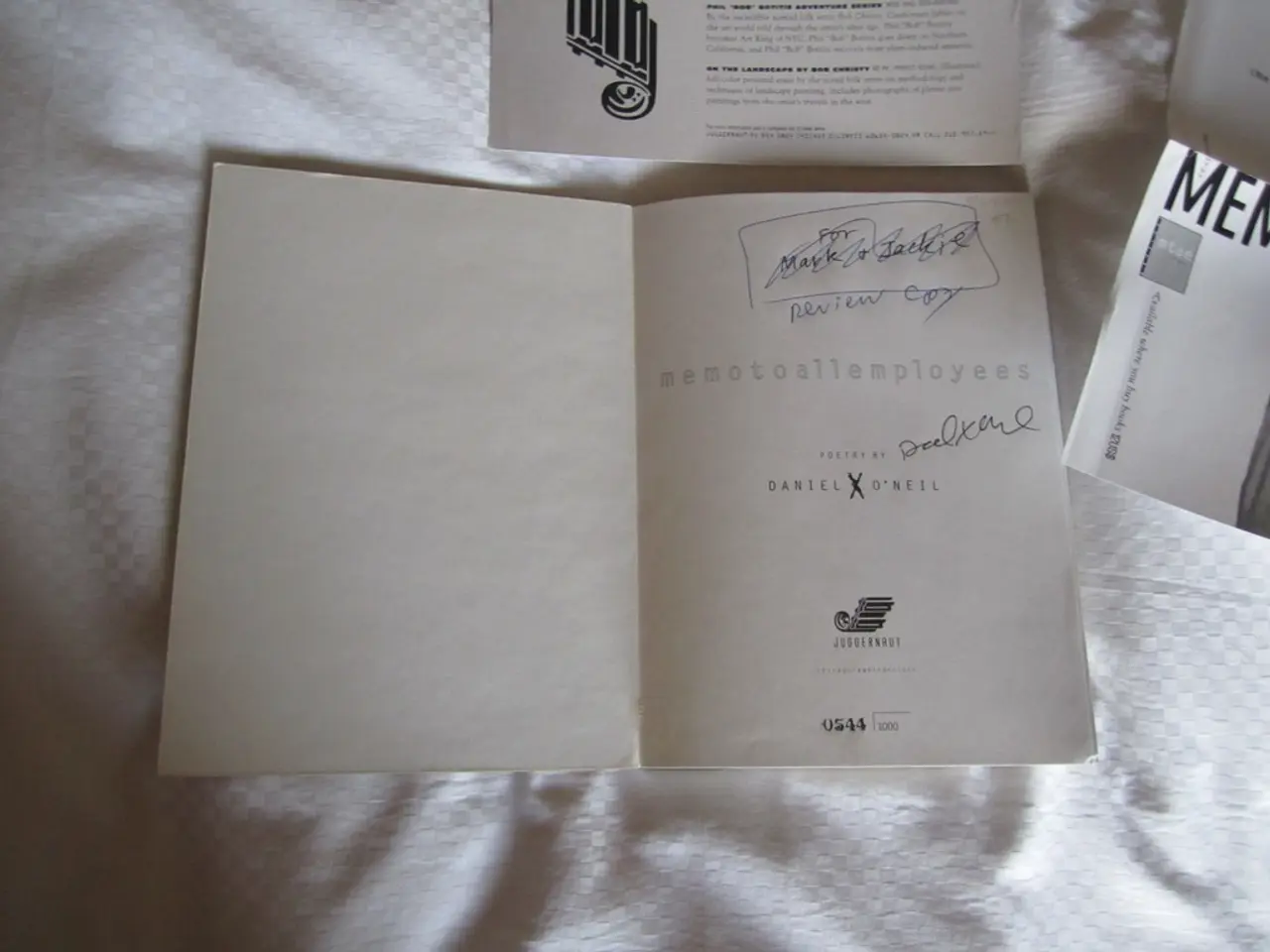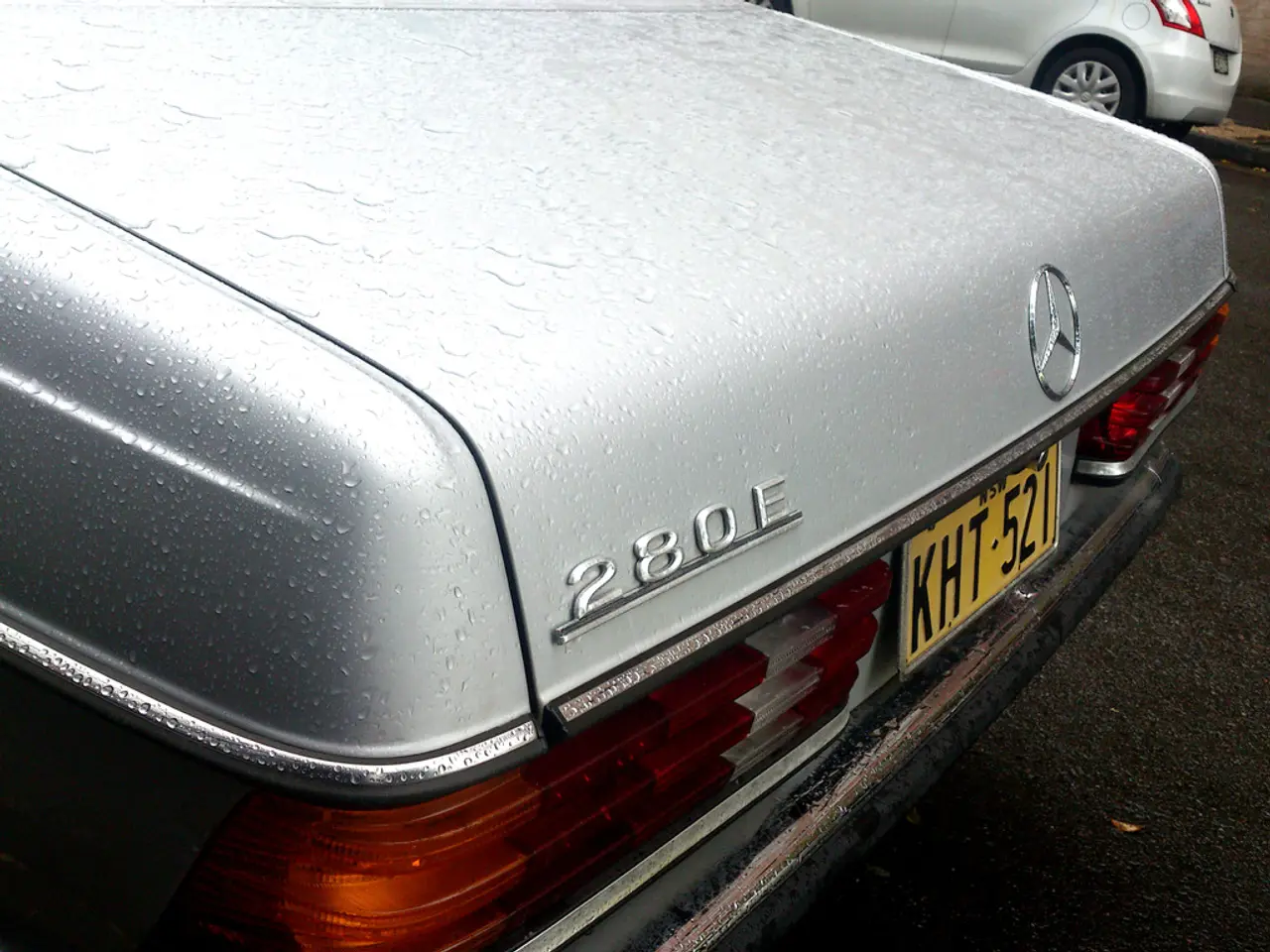Tariff imposition, according to a wealthy investment manager, might spark economic circumstances more severe than a recession.
Let's Break It Down: Market turmoil continues as nations try to secure advantageous tariff deals amidst global financial storm.
Doc Ray Dalio, billionaire hedge fund honcho, sounded the alarm on Sunday, voicing his concerns about an economic disaster akin to the Great Depression - worse than a simple recession - if the trade war sparks a breakdown of the financial system.
Billionaire Dalio, creator of the colossal hedge fund giant, Bridgewater Associates, appeared on NBC's "Sit Down with Kristen Welker" where he expressed his worries regarding President Donald Trump's tariffs, stating that they are "chaotic" and destructive, causing a ripple effect across the production system.
When pressed about the possibility of a recession, Dalio shared his concerns: "My worry is that we are on the brink of a recession, and if this isn't handled wisely, we could be looking at something worse."
Dalio elaborated on his concerns, noting that the current economic climate shows signs of a "breakdown of the monetary order" involving the dollar and a breakdown of domestic and worldwide order. He stated that such turbulent times echo the 1930s.
Welker then questioned Dalio about his prognosis for the U.S.'s future, considering his successful prediction of the 2008 financial meltdown. Dalio linked the U.S.'s precarious situation to its ballooning budget deficit, which is projected to reach 7% of GDP if tax and spending policies aren't revised.
"If we could dial back the deficit to about 3% of GDP, and these trade deficits are managed responsibly, this situation could be handled effectively," Dalio suggested, urging members of Congress to set a budget deficit target of 3%.
Dalio outlined strategies for policymakers to keep the deficit at a reasonable level and encouraged Congress to tackle the issue in a bipartisan manner, reminiscent of the 1990s. He warned that if the deficit isn't controlled, it could instigate interest rates on the national debt to spike, further exacerbating fiscal and economic challenges.
The Congressional Budget Office forecasts a widening budget deficit and a surge in the national debt to 156% of GDP. Tariffs are essentially taxes on imported goods, which the importer typically passes the cost onto consumers through higher prices.
In response to Welker's query about the worst-case scenario for the economic system, Dalio spelled out the potential threats: "In the most adverse situation, depreciating currency, internal conflict that may not be typical democratic disagreement, and international conflict that's highly disruptive to the global economy, and could even escalate to a military conflict."
*"IT'S DEFINITELY BEING SET UP FOR A DISASTER" - BILLIONAIRE RAY DALIO ON TRADE WAR**
Sources:[1] KTNV Channel 13 News[2] Reuters[3] Forbes[4] CNBC
- Billionaire Ray Dalio, the renowned hedge fund manager, has expressed concerns about an economic disaster akin to the Great Depression if the trade war continues, as he believes it could fracture the financial system.
- Dalio warned that if the budget deficit isn't reined in, interest rates on the national debt could escalate, compounding existing fiscal and economic challenges.
- Tariffs, effectively taxes on imported goods, could drive up consumer prices and add to the growing budget deficit, risking a snowball effect on the economy.
- In the worst-case scenario, unchecked trade wars and internal or international conflicts could lead to a depreciating currency, rising prices for consumers, and a potential military conflict, setting the stage for a catastrophic disaster.




